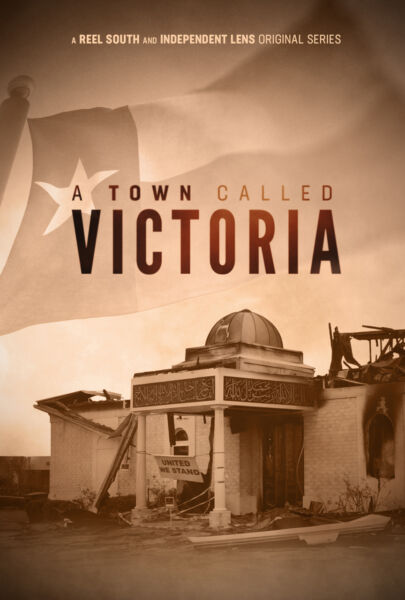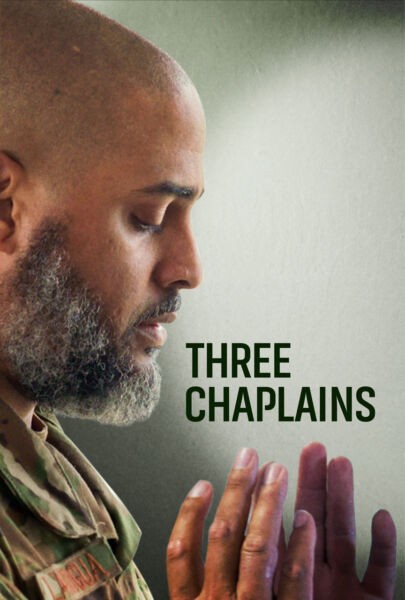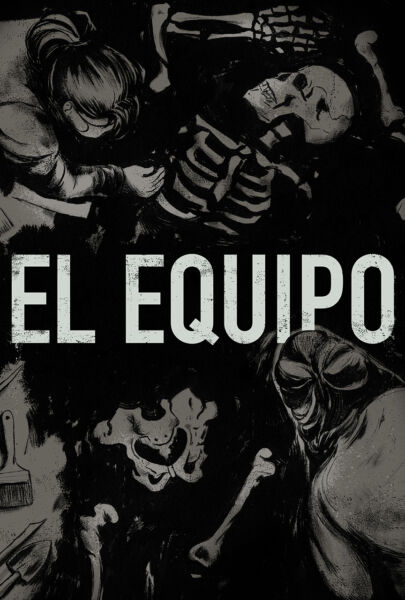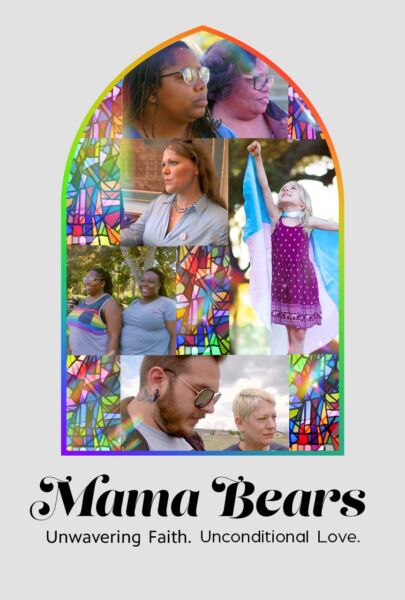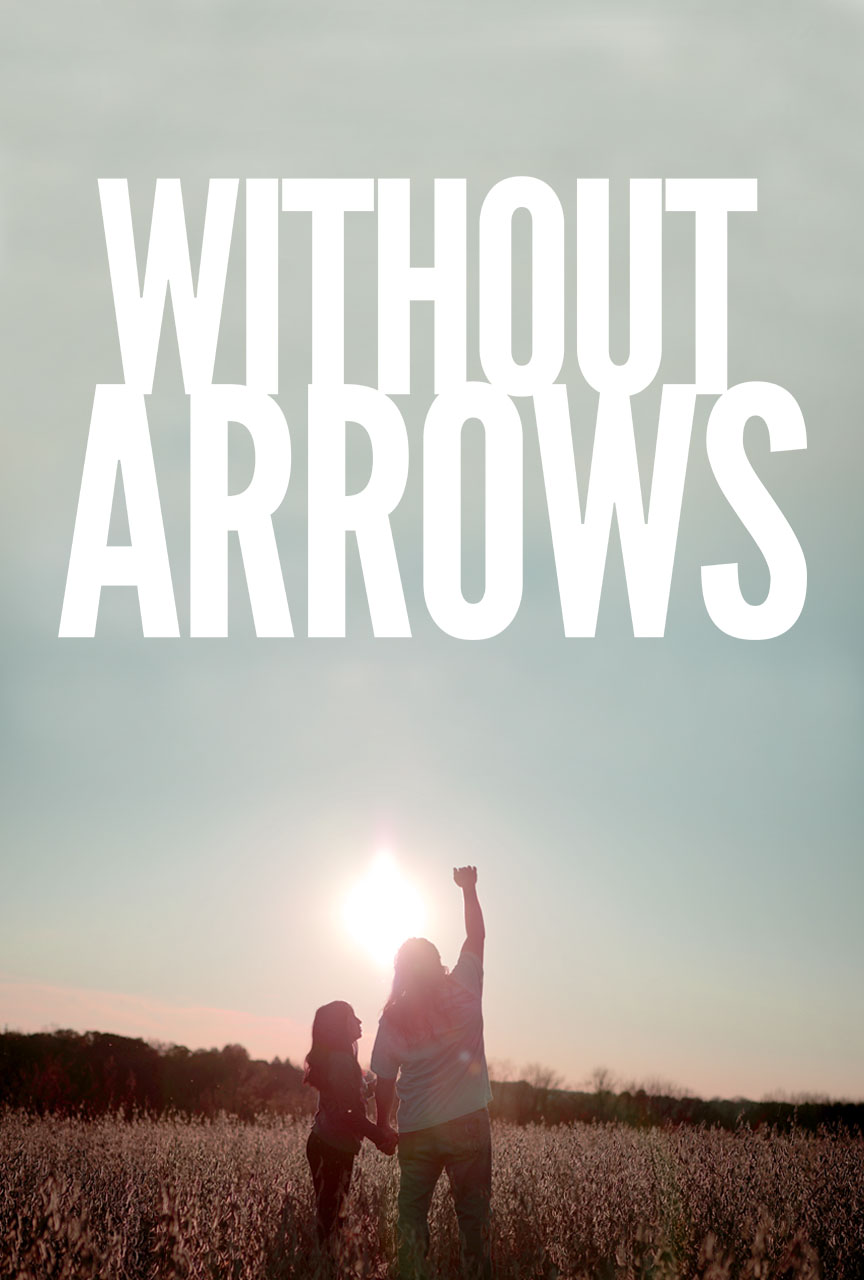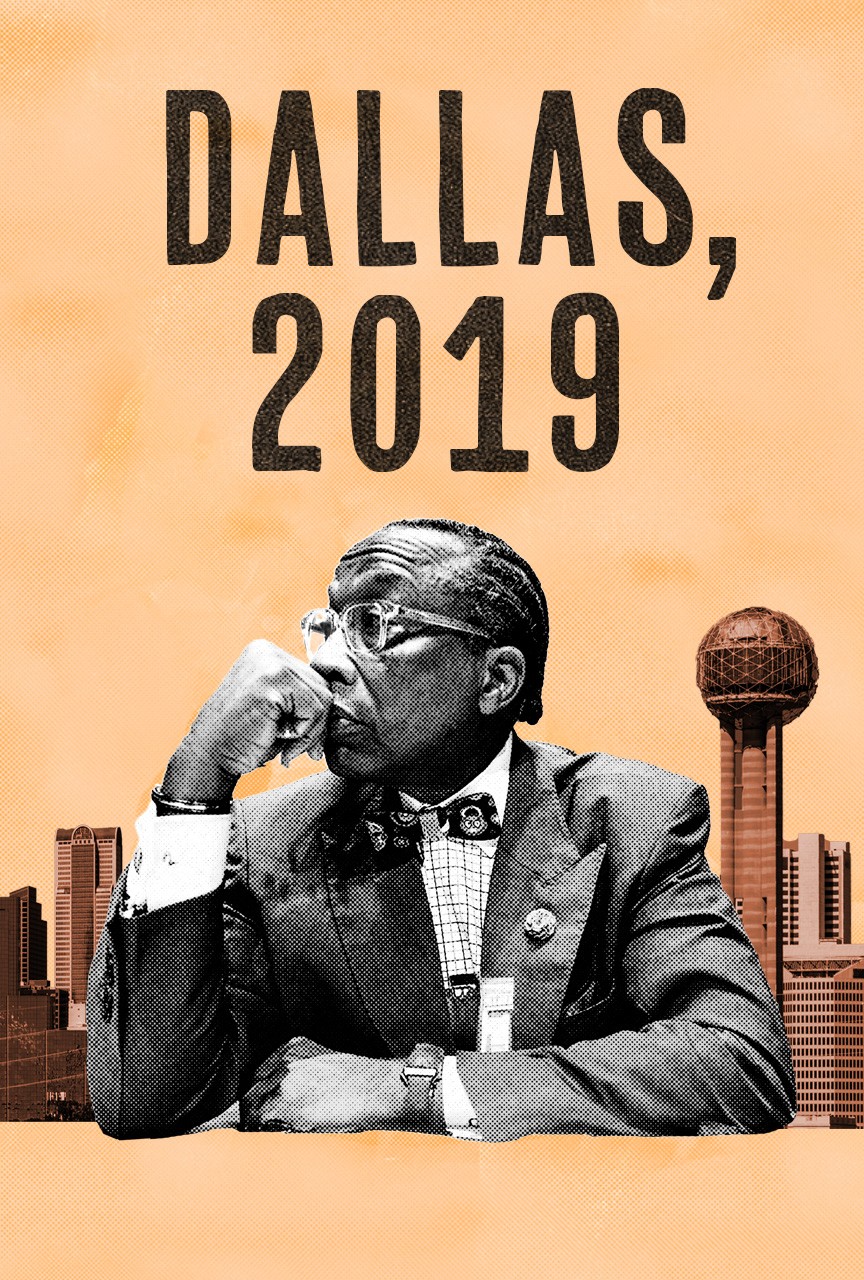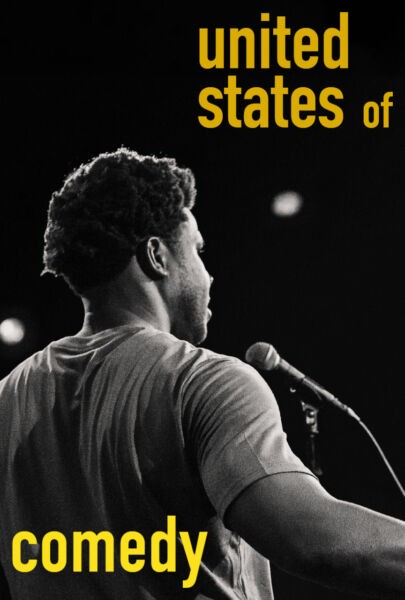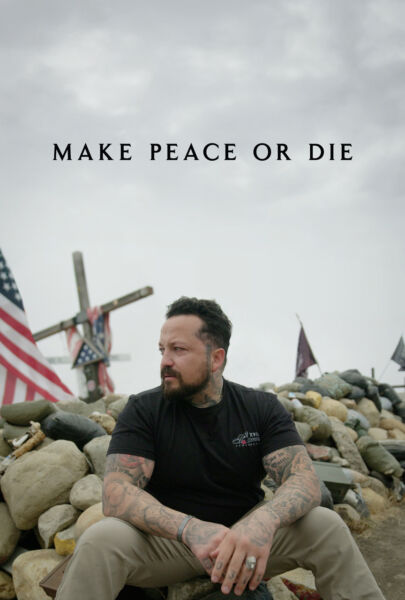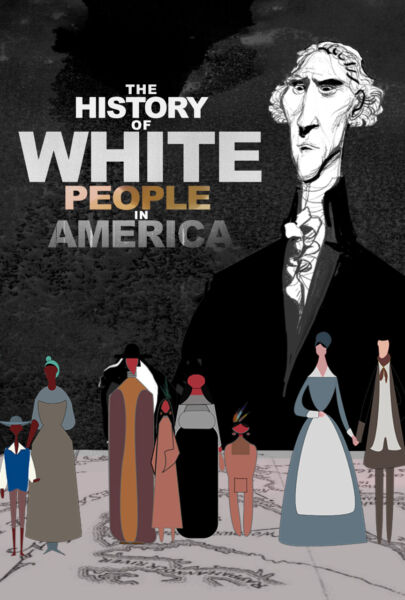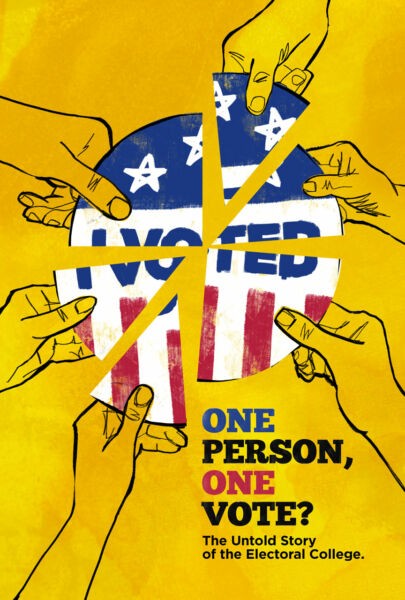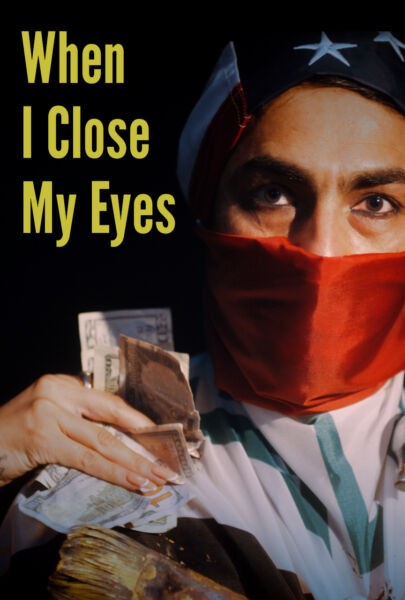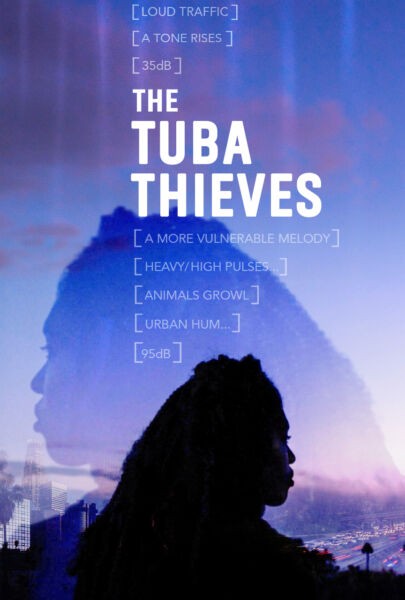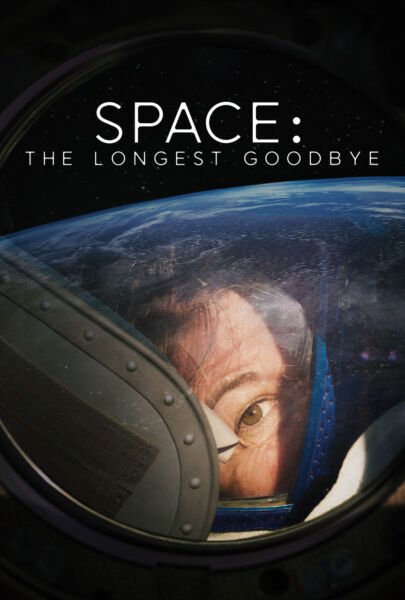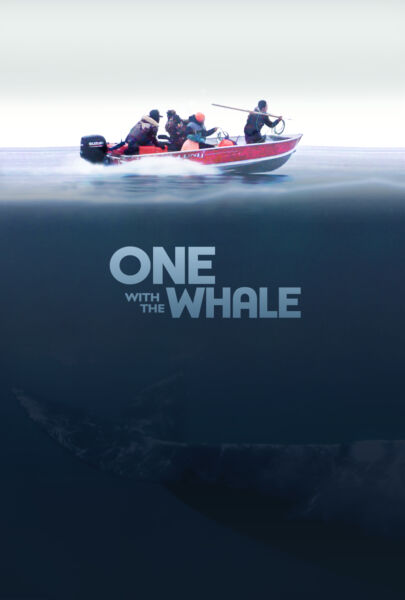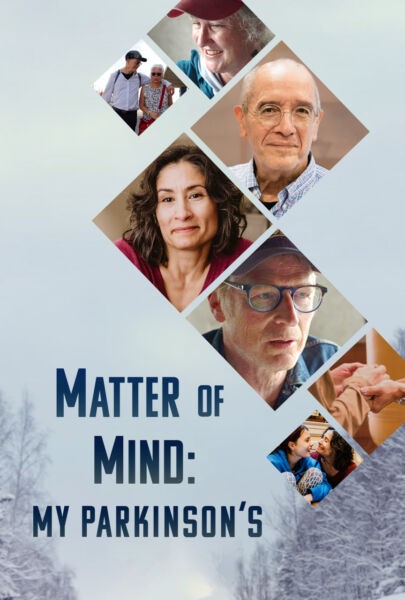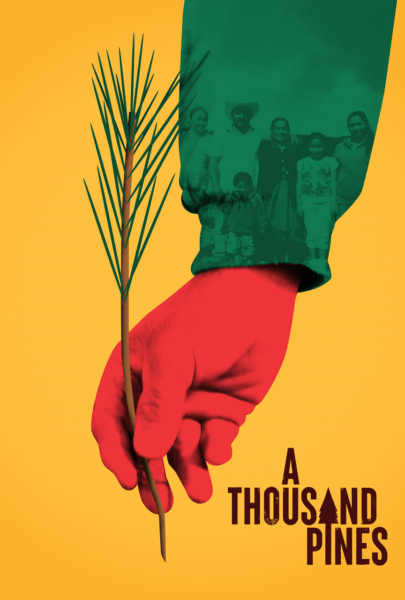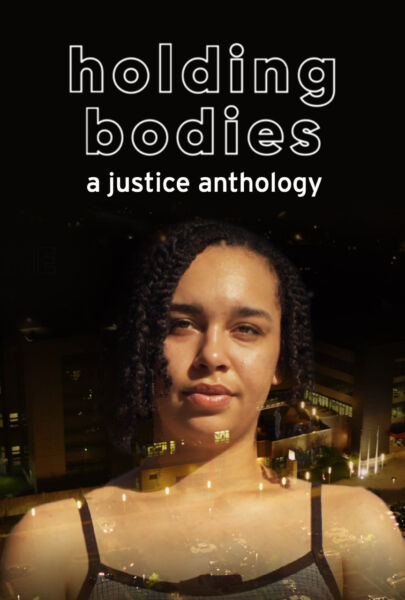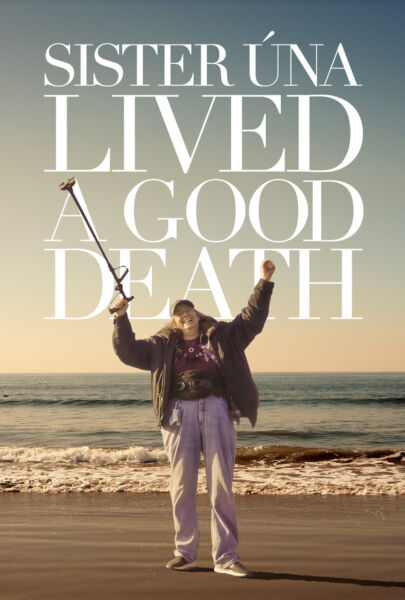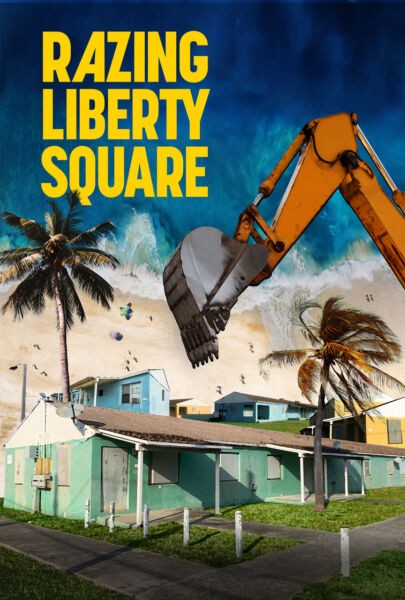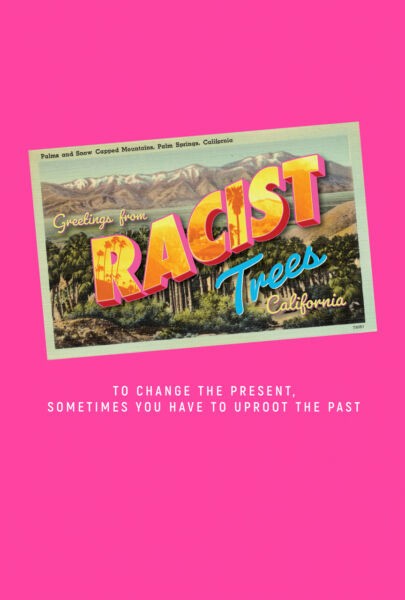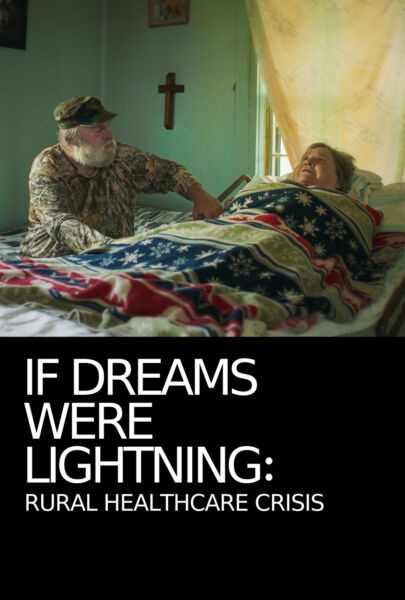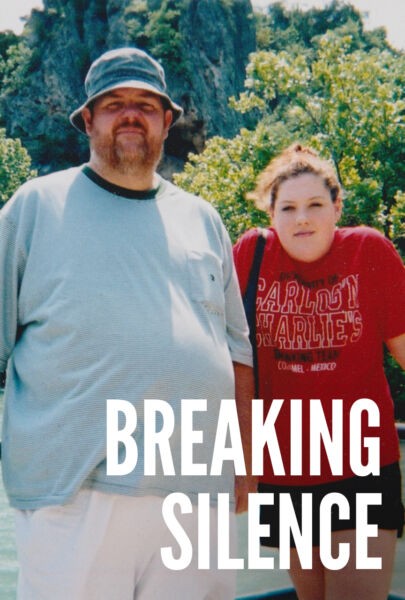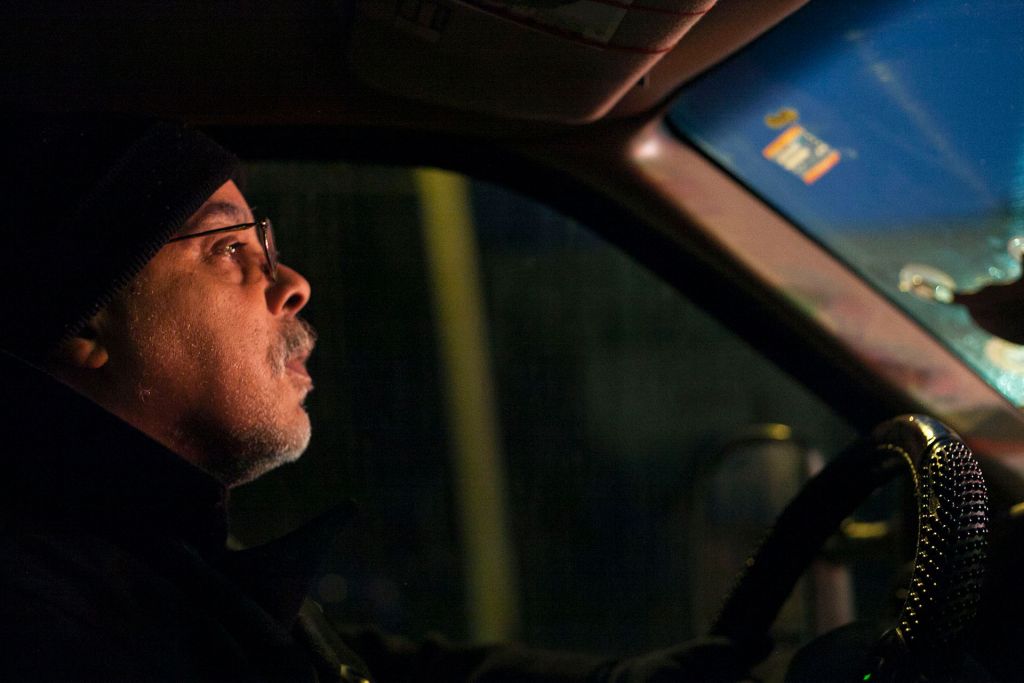
To do a film about an undercover FBI anti-terror sting is already tricky territory to navigate, but filmmakers Lyric Cabral and David Felix Sutcliffe infiltrated even deeper. In (T)ERROR, they gained unprecedented access to an FBI informant, for a documentary Brian Tallerico (on RogerEbert.com) called “a fascinating piece of work that approaches CITIZENFOUR in its deconstruction of governmental failure and the systems underneath the war on terror that are not only failing to keep us safe but impacting the entire world political scene.”
(T)ERROR, Cabral’s first feature-length documentary, premiered at the 2015 Sundance Film Festival, where it won a Special Jury Prize for Break Out First Feature, and both filmmakers were honored by the International Documentary Association with the 2015 Emerging Filmmaker Award. They took time out to talk to us about making this tense, risky film, which alongside its chameleonic main character has plot twists that surprised even the filmmakers.
[Answers are jointly from Lyric and David except where noted.]
How did you two first connect and begin collaborating?
Lyric and David: We first met while teaching film to high schoolers at an afterschool program in Harlem, back in 2005. While teaching at the program, one of our students, a 16-year-old Muslim girl named Adama Bah, was arrested by the FBI after they accused her of being a “potential” suicide bomber. This event had a profound impact on both of us, and inspired us to pay closer attention to the FBI’s counterterrorism tactics, and the human consequences of our country’s national security efforts. David ultimately ended up making an hour-long film about their student for PBS that Lyric also worked on as a still photographer. Lyric, an award-winning photojournalist, also began documenting the experiences of family members of accused terrorists, and of Muslim-American communities targeted by surveillance.
Could you talk a bit about how you first came to make this film – was it the story you originally set out to tell?
Lyric first met the film’s main subject, Saeed “Shariff” Torres in 2002, as a journalism student at Columbia University, while living in a brownstone in Harlem, New York. Shariff was her downstairs neighbor and over time she developed a relationship with him, talking about current affairs, politics, as well as his involvement with the Black Panther Party for Self Defense. However, one day in 2005 she came back to the brownstone to find that he had suddenly disappeared. He contacted her soon after, and confessed he had been working as an FBI informant since the early ’90’s. He also said that the apartment in which they’d conversed had been wired with audio and video surveillance, and that she had even met the target of his most recent investigation. She was appalled, yet hesitantly attracted to his story, and briefly considered his initial request that she write a book about him. She ultimately declined, but was drawn to the potential of his narrative and decided to keep in touch.
In 2011, David mentioned to Lyric wanting to make a documentary about an FBI informant. She subsequently informed him of her relationship with Shariff, and how he had wanted a book written about him. David suggested reaching out, and exploring whether he’d be willing to participate in a film. And, lucky for us, he was.
As for whether this film is the story we set out to tell, we had no idea what to expect when we began. We didn’t know if the case would fizzle out, if it would fall into the pattern of entrapment-stings, or if the target of Shariff’s investigation would actually be revealed as a legitimate terrorist threat.
And David, did making your previous film Adama lead you to want to pursue this story as a sort of expansion on those ideas?
David: Absolutely. While working on Adama, I noticed the vast majority of the terrorist plots “discovered” by the government seemed, in fact, to be created by FBI informants, working at the direction of their superiors at the Bureau. Though I was interested in learning more about these cases, and the relationships that developed between FBI informants and the men they were attempting to set up, I never seriously pursued the idea, due to the obvious challenge of locating someone who is, by definition, anonymous.
I was shocked — and extremely excited — when Lyric informed me that she happened to know an FBI informant. As much as I wanted my first film to address the larger context of religious profiling and government overreach that surrounded the story, I knew I lacked access to a critical component: the FBI. Through (T)ERROR, and through Shariff’s perspective, however, there was now the opportunity to offer the public, for the first time, an unprecedented view of the bureau, and what has become a deeply problematic backbone — the informant program.
Were there any concerns about blowback from the FBI when making the project, or after it came out? Did representatives from FBI view the film?
Yes, throughout the process of making this film, we’ve had to consider the possibility that the government would target us, or attempt to discredit us, or prevent us from releasing the film. And although we were deeply concerned they would become aware of our project while we were filming, and attempt to intervene, it seems pretty clear they had no idea what we were doing, at least not until (T)ERROR’s world premiere at Sundance in January 2015. There’s an FBI field office in Salt Lake City, and we assumed the agents would attend one of our screenings. They didn’t introduce themselves, but we later received confirmation from the FBI that some of their agents had seen the film during that time.
[Possible spoilers] So was there any moment or scene in particular that had you worried either about your subjects or yourselves?
Yes, there were many times when we were worried, both about them and ourselves. We were terrified the first time we made contact with Khalifah, the target of Shariff’s investigation, and arranged to interview him. Partly because he was an unknown entity, but also because we knew Khalifah’s communications were being monitored, and that he was being physically surveilled. Once we called him, we assumed the FBI would immediately trace our number, and discover that we had also been in contact with their informant, and then take steps to prevent us from accessing him, or from finishing the project. Shockingly, that never happened, and we were able to continue filming, without interruption.
What were some of the other major challenges in making this film (which surely was full of challenges!)
Protecting our communications, our footage, and ourselves throughout this process has been extremely challenging. When we were fundraising, no grantmakers had the ability to read encrypted email. Consequently, we were put in a position of either pestering funders to allow us to submit printed applications and DVD samples via the mail, or of being forced to transmit electronic documentation of our project, our footage, and our relationship with Shariff, into unsecured email accounts on unsecured servers. We were very afraid that by doing so we were opening ourselves up to discovery, jeopardizing our entire project, even though we still needed to continue filming.
Was there any especially surprising revelations for you in researching and making (T)ERROR?
We were shocked by the disconnect between Shariff’s handlers — who seemed to agree that the target didn’t possess a legitimate threat — and the pressure from higher ups to make an arrest anyway. We were also stunned when the FBI arrested Khalifah, the target of the investigation, not on a terror charge but for a gun charge, based on a Facebook picture of him with a gun at a target range (his public defender later said that in twenty years of handling gun cases, this was the first time she had seen someone charged on the basis of a photograph).
What was most upsetting, however, was the fact that Khalifah was arrested the day before he was scheduled to attend a D.C. press conference, and announce his discovery that the FBI was attempting to entrap him. In that moment, it became clear just how far they were willing to go in order to silence him, and to prevent this story from being released.
[Possible spoilers] Can you give us any updates on Shariff and Khalifah?
Shariff, who is still deactivated, is pretty much where the film left him — struggling financially, and angry about how things have turned out. As for Khalifah, an attorney is now working on a petition to commute his sentence. He’s also working with another lawyer on his wife’s immigration case, and is hoping that he, his wife, and child, will all be able to be reunited after he’s released — whenever that may be. In the meantime, he’s trying to stay in communication with his family, which is difficult since prison phone fees are notoriously high. Thankfully, Project Salam (the Muslim Civil Rights group featured in the film) is helping him to raise funds to cover some of these costs.
What discussion points would you want people who’ve just watched the film to have with each other? i.e., what do you want audiences to most take away from this story and think about (If you could prompt them)?
Sadly, the example presented in our film is far from isolated. Since 2009, paid FBI informants — who are untrained and largely unregulated — have played a central role in nearly 50% of all domestic terrorism cases. These individuals, who can earn more than $100,000 per case, are instructed to build relationships with persons of interest. The persons of interests, or targets, are predominantly Muslim, often mentally ill, and economically desperate. Informants use a mixture of persuasion, coercion, and financial incentives to induce targets to participate in imaginary terrorist plots where all the means, motives, and materials are provided by the government. Given this information, and the events that take place in (T)ERROR, we hope that viewers will scrutinize future announcements of FBI-thwarted terror plots, especially if there is mention of an informant, or a confidential source.
We also think it’s important to consider that twice as many people have been killed since 9/11 by white supremacists, anti-government fanatics and other non-Muslim extremists than by radical Muslims. And yet, the FBI’s informant program has almost exclusively targeted Muslim American communities. Why?
Lastly, one of the most common questions we’ve received from viewers is, “Were you afraid?” And there’s no confusion about who they’re referring to: the FBI. What does this suggest, when people expect us to fear our government, but not the suspected terrorists the FBI claims to be protecting us from? It’s deeply troubling to think that the act of journalism — documenting a story, and an issue, which the public has a right to know about — can be considered a dangerous act, on American soil.
What projects are you working on or hoping to work on next?
Lyric: In partnership with citizen journalist Kevin Chris Seltzer, I’m working on a new film that will shed new light on the police shooting of Michael Brown in Ferguson, Missouri. I’m also supervising producer on a new episodic documentary series for Viceland, which immerses viewers in a host-driven exploration of the diversity of the young Black experience in America.
David: I’m experimenting with a couple shorts, and also consulting a few first-time filmmakers, hoping to share some of the knowledge I’ve acquired while making (T)ERROR. I’m also developing a longer piece which expands on some of the themes touched upon in (T)ERROR, and takes a broader look at our country’s national security policies.


